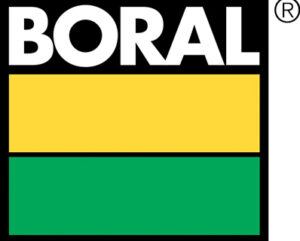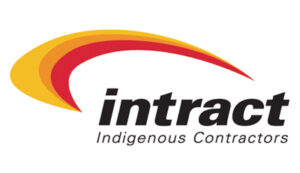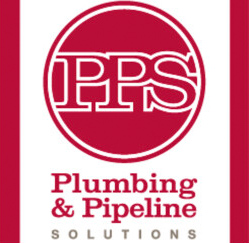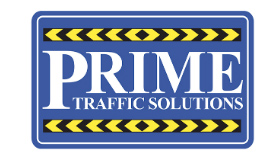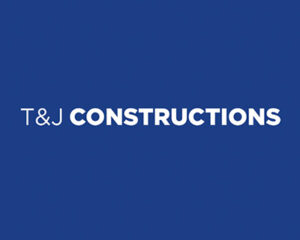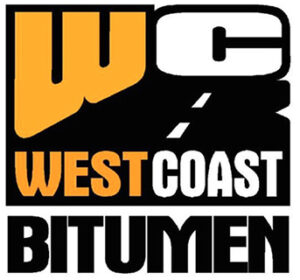Stage One- Lodgement
A formal complaint or appeal may be lodged by completing and submitting a Complaints and Appeals Report Form Report (Form 113008). The complainant or appellant must provide as much detail as possible and send the completed and signed form to:
Western Australia
Operations Manager – Civil Train Western Australia
kgrant@ccfsa.com.au
Northern Territory
Operations Manager – Civil Train Western Australia
mhopkins@ccfsa.com.au
South Australia
courses@ccfsa.com.au
The Complaints and Appeals Form Report can be sent to the complainant or appellant on request. The form can be submitted in person, it can be completed over the phone by a CCF SA representative on the complainant’s behalf, or completed electronically and submitted by email to respective State/Territory Manager’s email address.
The respective State/Territory Manager will acknowledge, in writing, receipt of the complaint or appeal as soon as practicable (but no longer than two working days) and indicate the anticipated review period (up to 20 working days).
If CCF SA considers more than 20 working days are required to process and finalise the complaint or appeal, the respective State/Territory Manager will:
- Inform the complainant or appellant in writing, including the reasons why more than 20 working days are required, and
- Regularly update the complainant or appellant on the progress of the matter.
Stage Two – Investigation
The respective State/Territory Manager will notify all learning and program delivery related complaints and appeals to the Accountable Officer (or the Director – Global Learning and Future Directions if there is a conflict of interest), who will conduct an investigation.
The respective State/Territory Manager (or the Director – Global Learning and Future Directions if there is a conflict of interest) will investigate all other complaints.
As part of the investigation, the respective State/Territory Manager or Accountable Officer may interview the individuals involved in the complaint or appeal. Where a complaint is made against an individual (i.e. staff member or learner), that person will be fully informed of the allegations made against them and be provided with a right to reply. Learners and staff members have the right to be accompanied or represented by a third person such as a family member, friend, counsellor or professional support person.
Confidentiality must be maintained at all times. Only identified senior staff have access to the Complaints and Appeals Register.
Where an appeal against an assessment decision has been lodged, the Accountable Officer will seek details from the assessor, and meet with both the assessor and the appellant.
A complainant has the right to withdraw their complaint at any time (in writing).
Stage Three – Determination
Upon conclusion of the investigation, the respective State/Territory Manager and/or Accountable Officer will make a determination indicating a proposed resolution. In case of appeal, the Accountable Officer will determine if:
- the appellant should be reassessed by an alternate assessor;
- the original decision is correct and will stand;
- an adjustment to the original decision is warranted.
The respective State/Territory Manager and/or Accountable Officer will communicate in writing the proposed resolution to all the parties involved in the complaint or appeal process within 20 working days of the formal complaint or appeal receipt.
If the complainant or appellant is satisfied with the outcome, they will be requested to confirm in writing to agree to the resolution, which will be recorded in the CCF SA Complaints and Appeals Register.
Failure by the complainant or appellant to respond within 5 working days will be taken as acceptance of the outcome.
Stage Four – Internal Review
of the Determination If the complainant or appellant remains dissatisfied with the process or the determination, they can appeal and request a review of the decision from the Director – Global Learning and Future Directions or, where there is a conflict of interest, the Chief Executive Officer (CEO).
The Director – Global Learning and Future Directions (or the CEO) will review all complaint/appeal documentation/information and notify their decision in writing within 5 working days of receipt of referral.
An appeal against, or request to review a decision/determination must be made within 30 days of the notification of the original decision.
Stage Five – External Review of the Determination
If the complainant or appellant is not satisfied with the outcome of the internal review, they may request that the matter is reviewed via an external dispute resolution process, by an external mediator. For this purpose CCF SA uses the services of:
Mediation Australia
http://www.mediationaustralia.net.au/
08 8379 2910
Mediation Australia offers mediation services nationally.
The engagement of an external mediator will incur a fee, where if brought by the complaint, will be the liability of the complainant.
If, after CCF SA’s internal complaints and appeals processes have been exhausted, the complainant or appellant is still not satisfied with the determination of the external mediator, they may submit a complaint to ASQA by completing the online complaint form: https://asqanet.asqa.gov.au
ASQA is not able to act as the independent third party for reviewing complaints.
The complainant or appellant will need to provide evidence to ASQA that they have completed the CCF SA complaints and appeals processes before submitting a complaint to ASQA. In exceptional circumstances ASQA may consider a learner’s complaint without this evidence.
Australian Skills Quality Authority
Tel: 1300 701 801
Website: https://www.asqa.gov.au




